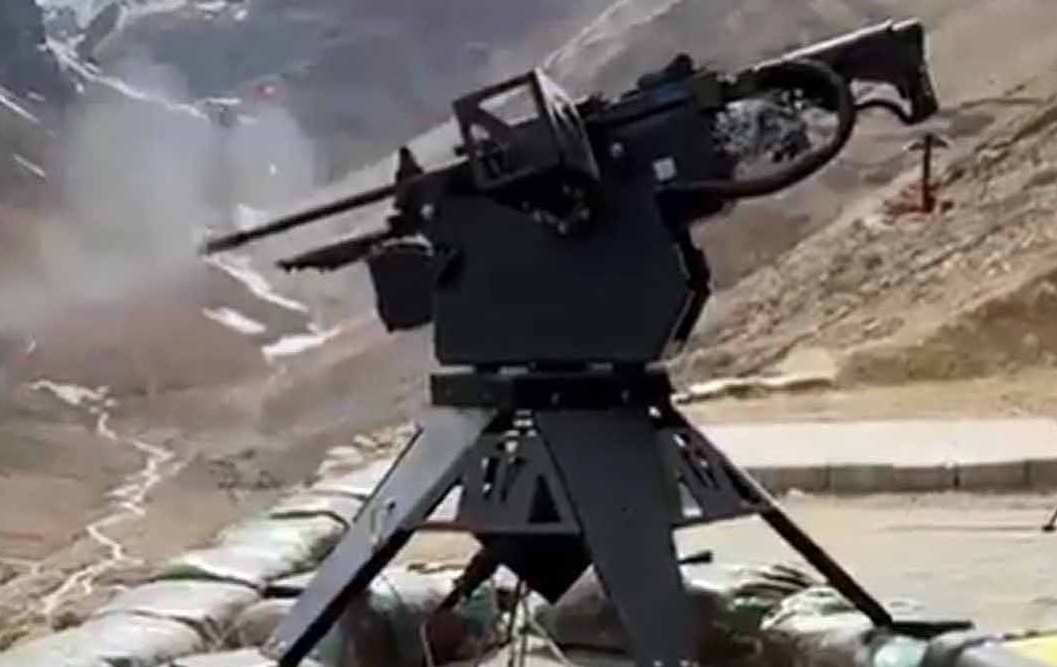Shehbaz Sharif’s Big Revelation: How India’s BrahMos Strikes Foiled Pakistan’s Planned Offensive

In a rare and striking admission, Pakistan’s Prime Minister Shehbaz Sharif has publicly confirmed that India launched missile strikes on several Pakistani airbases before Pakistan could carry out its planned military response. The revelation, made during an event in Azerbaijan, has shed light on a tense and dangerous standoff between the two nuclear-armed neighbours earlier this month.
Sharif revealed that the Pakistani armed forces, under the leadership of Army Chief Asim Munir — now elevated to Field Marshal — had planned a major offensive against India on the intervening night of May 9 and May 10. The operation was reportedly scheduled to begin before the morning prayers. However, India acted swiftly, launching a preemptive strike using its supersonic BrahMos cruise missiles, targeting critical airbases and military positions deep inside Pakistan.
This incident unfolded in the backdrop of growing hostility after a terror attack in Pahalgam, Jammu and Kashmir, which India blamed on Pakistan-based groups. India had issued a stern warning promising a decisive response, which eventually materialized through these precision strikes.
According to reports, India’s military operation, known as Operation Sindoor, saw BrahMos missiles being fired at key airbases such as Murid and Nur Khan, among others. A total of eight Pakistani air installations were struck in the early hours of May 10. The strikes severely disrupted Pakistan’s ability to retaliate, forcing the country’s military to cancel its planned offensive at the last moment.
What makes this revelation even more significant is the fact that it was made in a country that remains one of Pakistan’s few international allies. Sharif’s admission not only confirms India’s military preparedness but also highlights how closely the region teetered on the edge of a full-scale conflict.
This series of events marks one of the most intense military confrontations between India and Pakistan since the Balakot airstrikes in 2019. While both sides have maintained a state of heightened alert along their borders since then, this recent episode reveals the serious risks that continue to hover over South Asia.
Though tensions have deescalated somewhat since mid-May, the region remains watchful. The incident stands as a stark reminder of how quickly matters can spiral out of control between these two nuclear-armed neighbours, and the crucial role of timely, strategic decisions in preventing wider conflict.
✍️ This article is written by the team of The Defense News.






